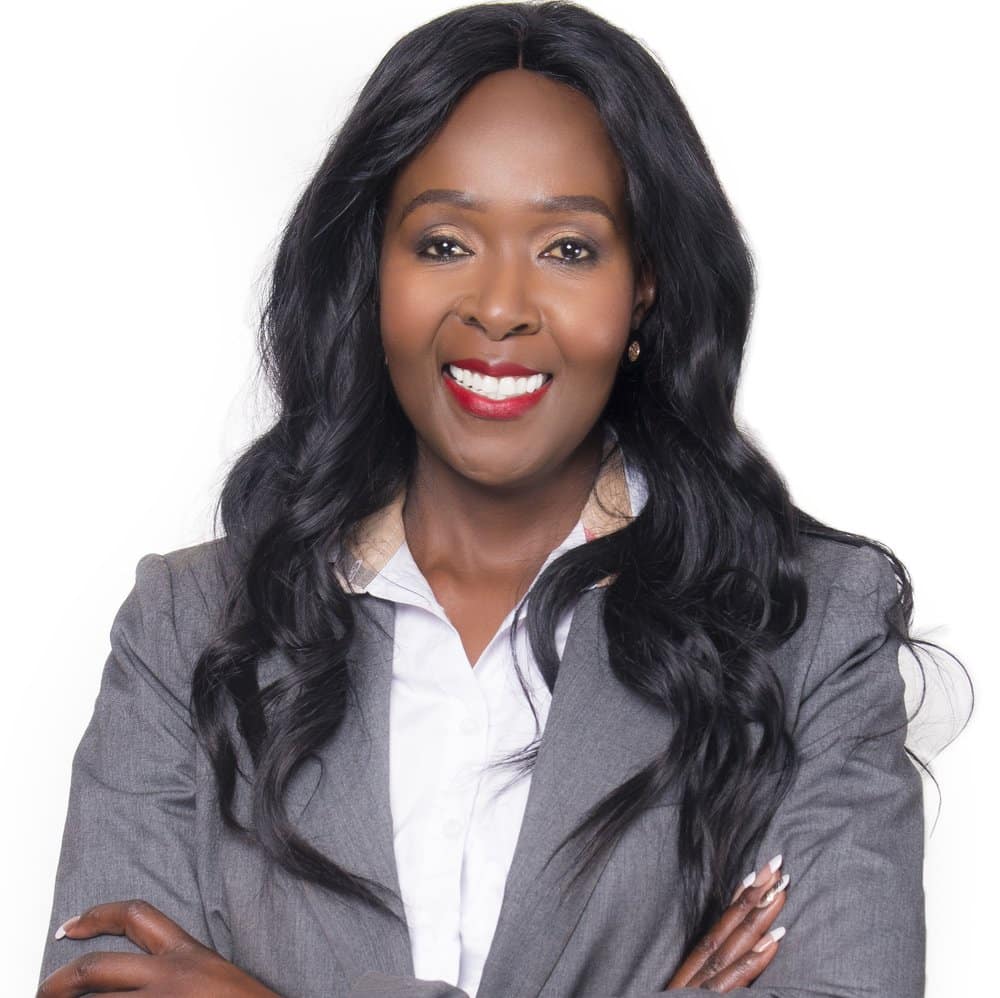Emerging technology will continue to play a vital and accelerated role in the recovery of the Coronavirus health pandemic (COVID-19). This was the core sentiment message shared by speakers during the “Adjusting to the New Normal” webinar and panel discussion hosted by Nexio and partners Dell Technologies and IoT.nxt, last Friday.
The International Data Corporation (IDC) has identified key technology trends that South African Chief Information Officers (CIO) report are key in shaping the recovery process in the near term.
The top six trends include security (91%) followed by creating and enabling new applications to drive digital experiences for customers and employees (60%), stronger disaster recovery and business continuity (57%), more technology-enabled collaboration (57%) and providing customers with secure access to information and services (45%).
Speaking during the webinar, Mark Walker, associate VP for IDC in sub-Saharan Africa said: “The journey to recovery will not be quick and it will require adaptation, partnerships will be important, and ensuring we know what technology contributes to the bottom line and business output.”
Mickey Mashale, CEO of Nexio, who was one of the speakers, said that many companies were unprepared for the scale of what would be required of them.
“A business scaling from 500 to 11 500 VPNs (virtual private network) in one weekend was noted and we saw organisations suddenly move anywhere from 500 to 20 000 employees off the LAN (local area network) and into distributed home office environments,” said Mashale said.
“Scaling at that type of magnitude in the given timeframes highlighted the shortcomings in the systems and processes in many organisations. It also raised serious questions around related issues such as security, collaboration, availability and continued access to data, systems and information.”
Greg McDonald, director of Systems Engineering at Dell Technologies, said: “Security was always a conversation in the back of many CIOs’ minds, but it was propelled forward at an alarming rate. We have subsequently seen incidents such as what happened to Experian and similar in healthcare, small businesses, the legal and financial services industries.
“The rapid pace at which companies shifted gear to cope with the effects of the pandemic left many vulnerable. It really highlighted the necessity to consider digitalisation, collaboration, data, and distributed work environments holistically. That means including considerations such as partners that future proof customer operations, provide the requisite level of support and managed services and have the ability to work alongside customers’ financial requirements during these tough times.”
Brian Tarr, chief product and solutions officer at Nexio South Africa, said: “Transformation has been radical, and we subsequently face a catch-22. Data volumes have exploded, we need more remote and secure access, yet budgets are constrained, and CFOs are redirecting spend.
“The effect is that IT shops and solution providers are pressured to prove value through pilots and proofs of concept more than ever. Having the technology, solutions and skills are important to be able to achieve that, as is the backing of the support of the vendors like Dell, to create specific value for customer environments. Customers right now are looking for value in business continuity, disaster recovery and security because they have moved beyond ‘keeping the lights on’ and they realise that, if ransomware hits, it could smash them.”
Nico Steyn, CEO of IoT.nxt, agrees that constrained budgets are causing organisations to reprioritise activities.
“There’s been a lot of movement around bringing the operations environment into the mature enterprise systems landscape that gives executives the transparency they need to run the business. Now the focus is shifting to remote, automated remediation to maximise the productivity, savings, and efficiencies that are possible in more competitive markets and this period characterised by constrained budgets,” said Steyn.
Mashale said forward-looking partners such as Dell and IoT.next make it easier for managed service providers to meet these rapidly evolving customer requirements today.
“CIOs are looking for a one-stop ecosystem of partners that deliver solutions relevant to their growing requirements as they move forward. The technologies and concepts that we see emerging today will develop critical mass in many organisations in the next year,” said Mashale.
“They will increasingly rely on data to feed software solutions that provide the competitive differentiators of the future and seek reliable, turnkey services partners to walk beside them.”
